
Books
Books for Professionals & Parents
Comprehensive guides grounded in neuroscience research and practical experience
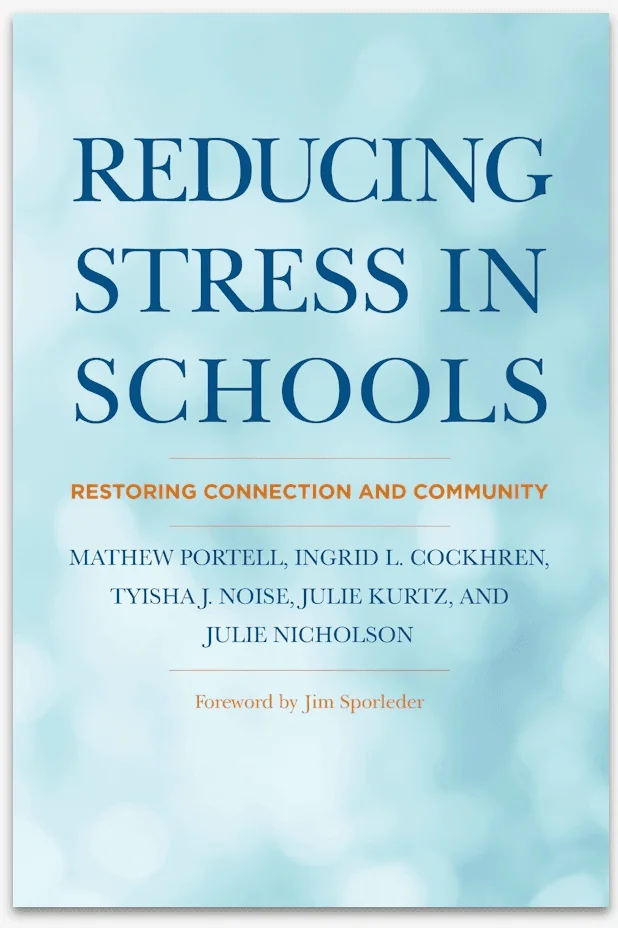
Reducing Stress in Schools: Restoring Connection and Community
Essential, accessible guidance for using trauma-informed practices to relieve student and educator stress in schools. Co-authored by Mathew Portell, Ingrid L. Cockhren, Tyisha J. Noise, Julie Kurtz, and Julie Nicholson.
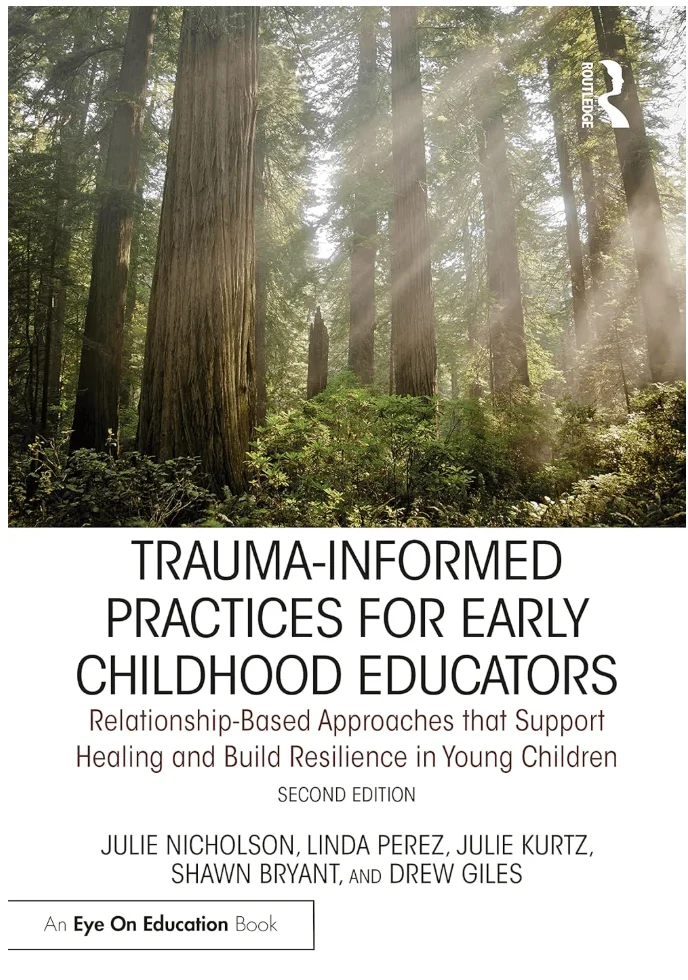
Trauma-Informed Practices for Early Childhood Educators (Edition 2)
Relationship-Based Approaches that Support Healing and Build Resilience in Young Children. By Nicholson, J., Perez, L., Kurtz, J., Bryant, S., & Giles, D.
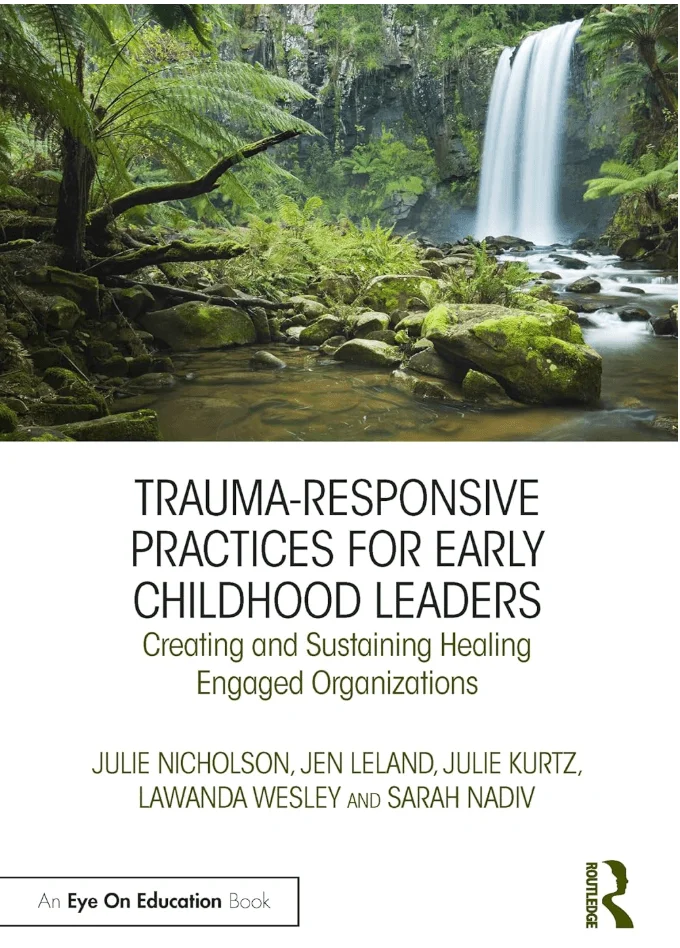
Trauma-Responsive Practices for Early Childhood Leaders
Creating and Sustaining Healing Engaged Organizations. By Nicholson, J., Leland, J., Kurtz, J., Wesley, L., & Nadiv, S.
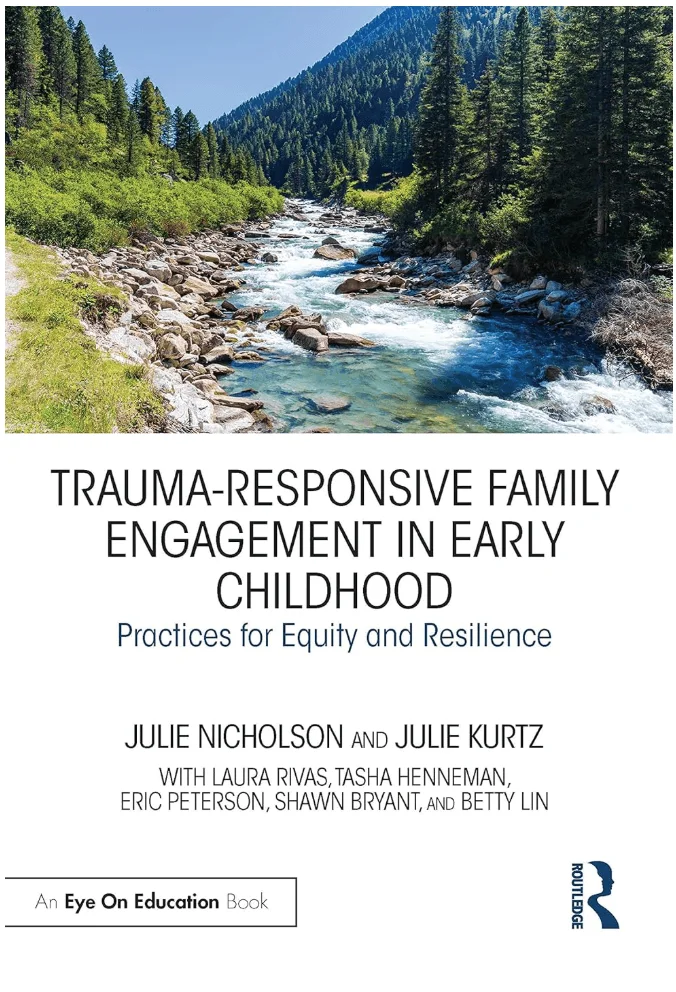
Trauma-Responsive Family Engagement in Early Childhood
Practices for Equity and Resilience. By Nicholson, J., & Kurtz, J.
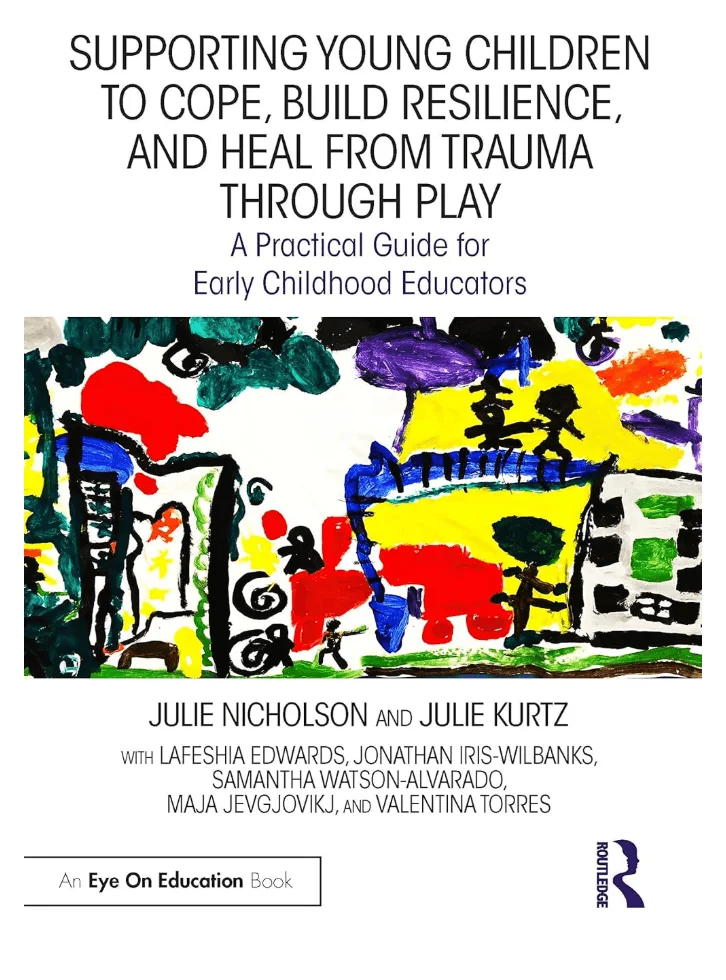
Supporting Young Children to Cope, Build Resilience and Heal from Trauma through Play
A Practical Guide for Early Childhood Educators. By Julie Nicholson, Julie Kurtz with Lafeshia Edwards, Jonathan Iris-Wilbanks, Samantha Watson-Alvarado, Maja Jevgjovikj and Valentina Torres.
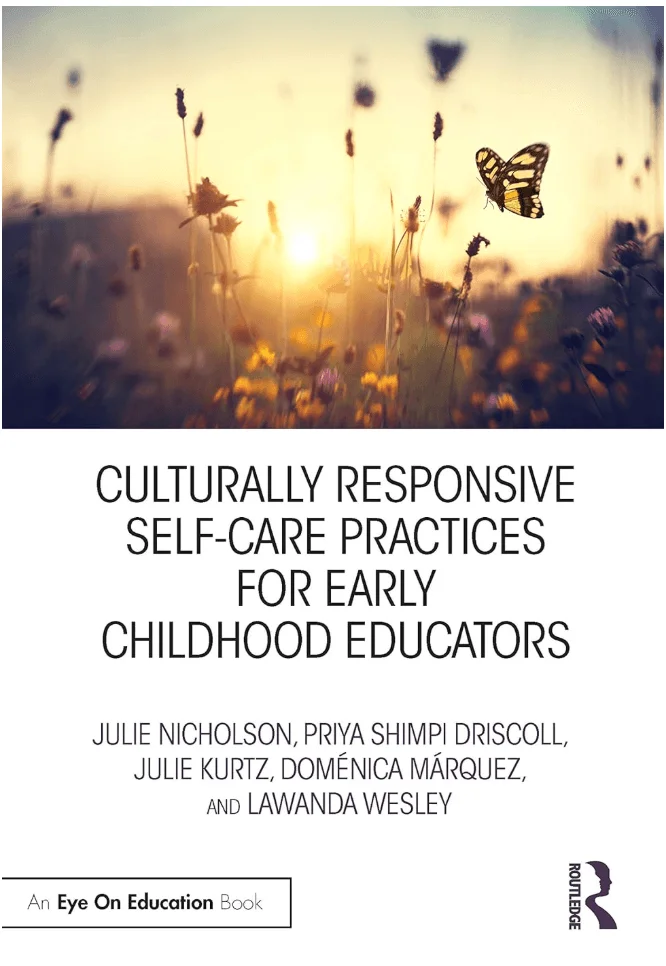
Culturally Responsive Self-Care Practices for Early Childhood Educators
By Nicholson, J., Shimpi Driscoll, P., Kurtz, J., Marquez, D., and Wesley, L. Published by Routledge.
Books for Children
Beautifully illustrated stories that teach children about emotions, resilience, and the brain-body connection
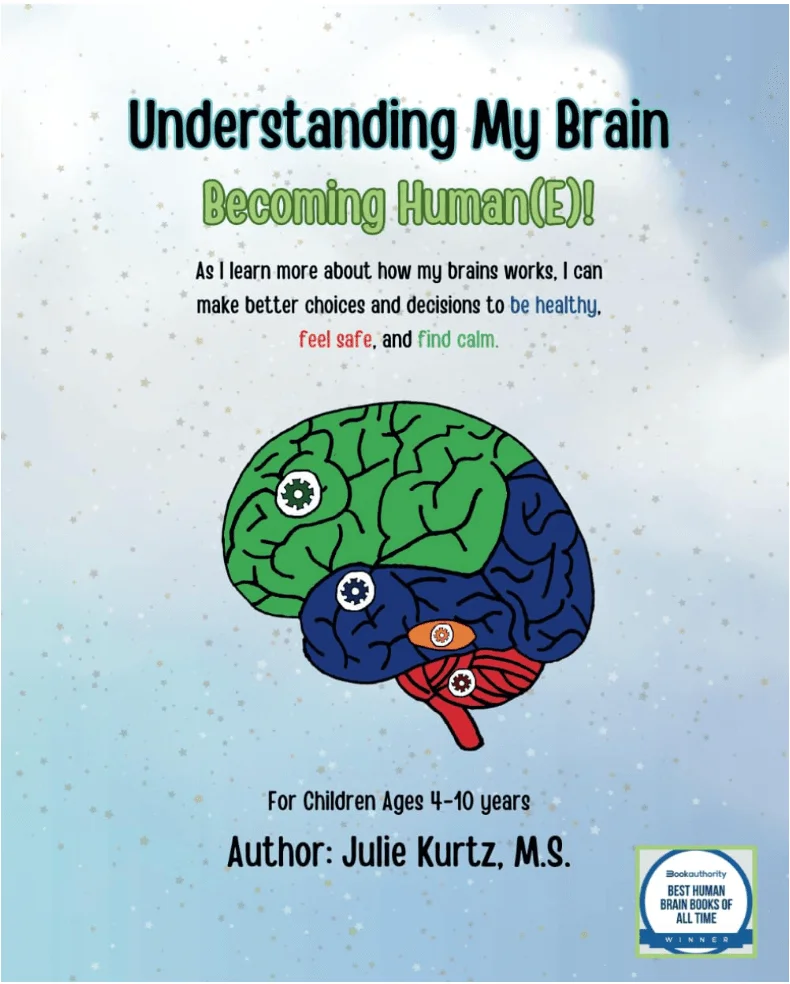
Understanding My Brain: Becoming Human(E)!
A children's book by Julie Kurtz for ages 4-10 that helps kids understand their brain and emotions.
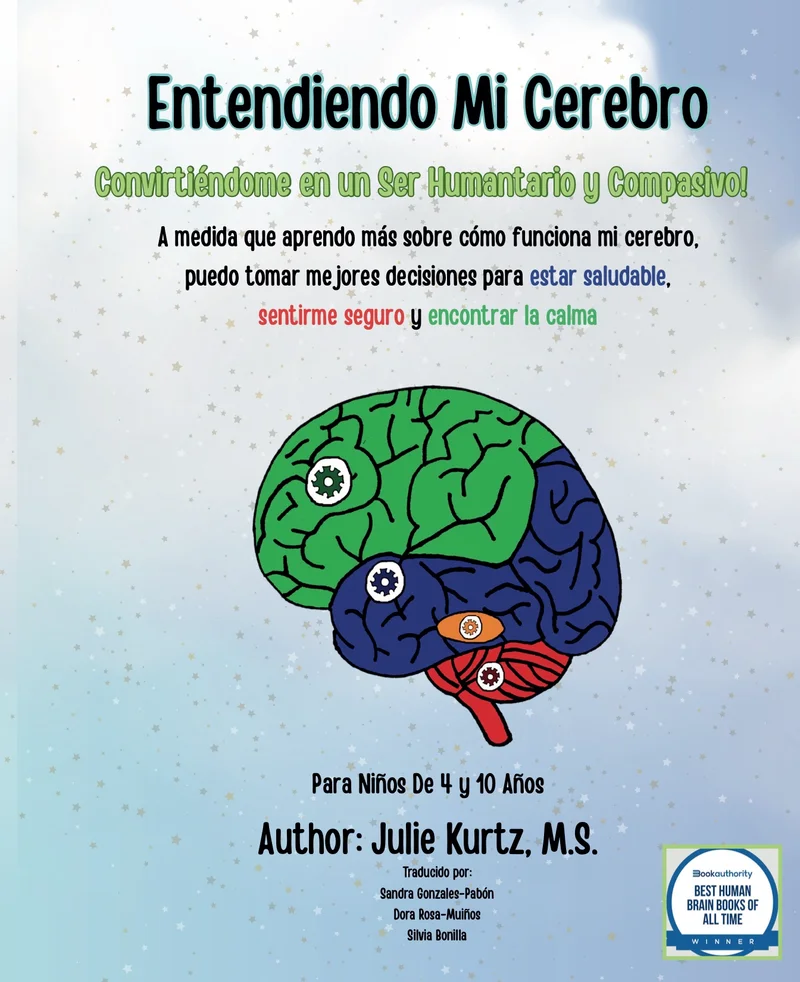
Understanding My Brain: Becoming Human(E)! (Spanish Edition)
Spanish language edition of the popular children's book by Julie Kurtz for ages 4-10.
Explore More Books by Julie Kurtz
Visit Julie Kurtz's Amazon author page to discover all her published works
Visit Author Page